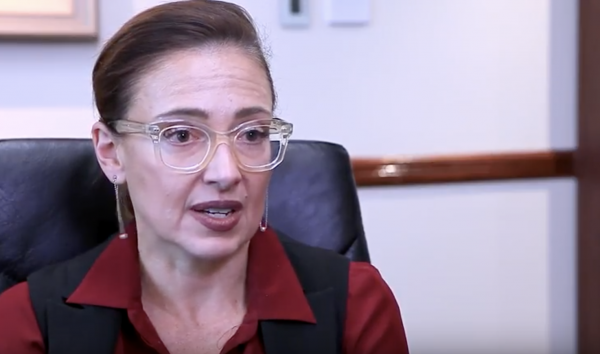Private Healthcare Australia chief executive Dr Rachel David says the only way to keep private health insurance premiums affordable is to cut waste in the system and remove red tape.
Health funds don’t want to increase premiums by a single dollar. The funds exist to support their members in times of crisis and to help them be their healthiest selves. It is however necessary to ensure they remain financially viable as health costs increase, and most importantly, continue to be in a position to provide members with access to quality and timely healthcare.
The scheduled private health insurance premium increase on October 1, postponed from 1 April, is the lowest in 19 years and is in proportion to health inflation, which has been unaffected by the COVID-19 pandemic.
2020 has been a challenging year for the entire health sector – private health insurance is no exception.
APRA data revealed the impact of the COVID-19 pandemic has seen the net margin of Australia’s health funds fall to a low of 2.8 per cent. This compares with 4.9 per cent in the twelve months to June 2019 and represents a 42 per cent decline in profitability.
Health funds have not profited from COVID-19, there’s been no 'windfall gain' as predicted by some. Non-emergency elective surgery was postponed for six weeks, not six months, the time frame used as the basis for that prediction.
During the six weeks of elective surgery restrictions, health funds continued to cover vital surgery, mental health treatments, telehealth and allied health services. APRA data shows the impact COVID-19 has had on savings were modest and, in fact, health funds have either returned any savings to consumers already or are using them to fund the backlog of elective surgery.
Growth rates in private elective surgery have rebounded strongly in all states outside of Victoria and allied treatment services are above normal weekly service levels. In the month of June 2020, compared to pre-COVID-19 elective surgery levels (June 2019), hospital claims for:
- Joint replacements were above normal levels at 124 per cent;
- Weight loss surgery was above normal levels at 119 per cent;
- Joint reconstructions were above normal levels at 116 per cent;
- Dental surgery was above normal levels at 111 per cent;
- Medically necessary plastic and reconstructive surgery was at normal levels; and,
- Hospital claims for cataract surgery (95 per cent) and medically necessary breast surgery (95 per cent) are back to near-normal levels.
Health funds have already returned over $500 million to members through postponing the April 1 premium increase for six months, some funds cancelled the increase altogether or have decided to provide further targeted relief for members on Jobkeeper and Jobseeker. Others are providing members with cash backs and rolling over of services to the next calendar year
Funds have spent millions on donations to support communities and the health response during COVID-19, including supporting vital mental health services, funding for a range of coronavirus research projects, COVID-19 testing programs, donations to Foodbank, Lifeline, Salvation Army and Anglicare among others.
Affordability is an issue right across the health system, but with estimated wait times in the public system likely to exceed 1.5 years for common elective procedures, the value of private health insurance has never been greater.
In the health sector, we need to bring costs down to keep private health insurance premiums affordable. The only way to contain rising premiums is to remove wasteful costs and inappropriate red tape from the system – for example:
- Holding multinational medical device companies to account for charging Australians inflated prices for prostheses, and for promoting the overuse of prostheses. A common heart stent costs five times more in Australia than NZ; and,
- Removing red tape to allow funds to cover out-of-hospital care on a broad scale. We saw how successful this was during the pandemic when people could be treated in their own home.
Private health insurance gives members peace of mind, knowing they can access timely surgery with the choice of doctor. Funds are also covering telehealth services for their members including mental health treatment, physiotherapy, speech pathology and others.
No industry sector is immune to the impact of COVID-19. Many Australians are suffering financially. Health funds are committed to looking after their members so if you are under financial stress as a result of COVID-19, contact your health fund to discuss your options.
